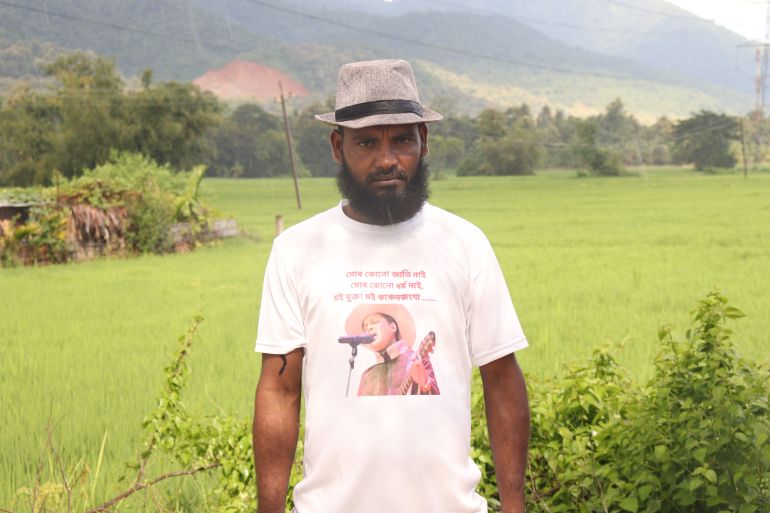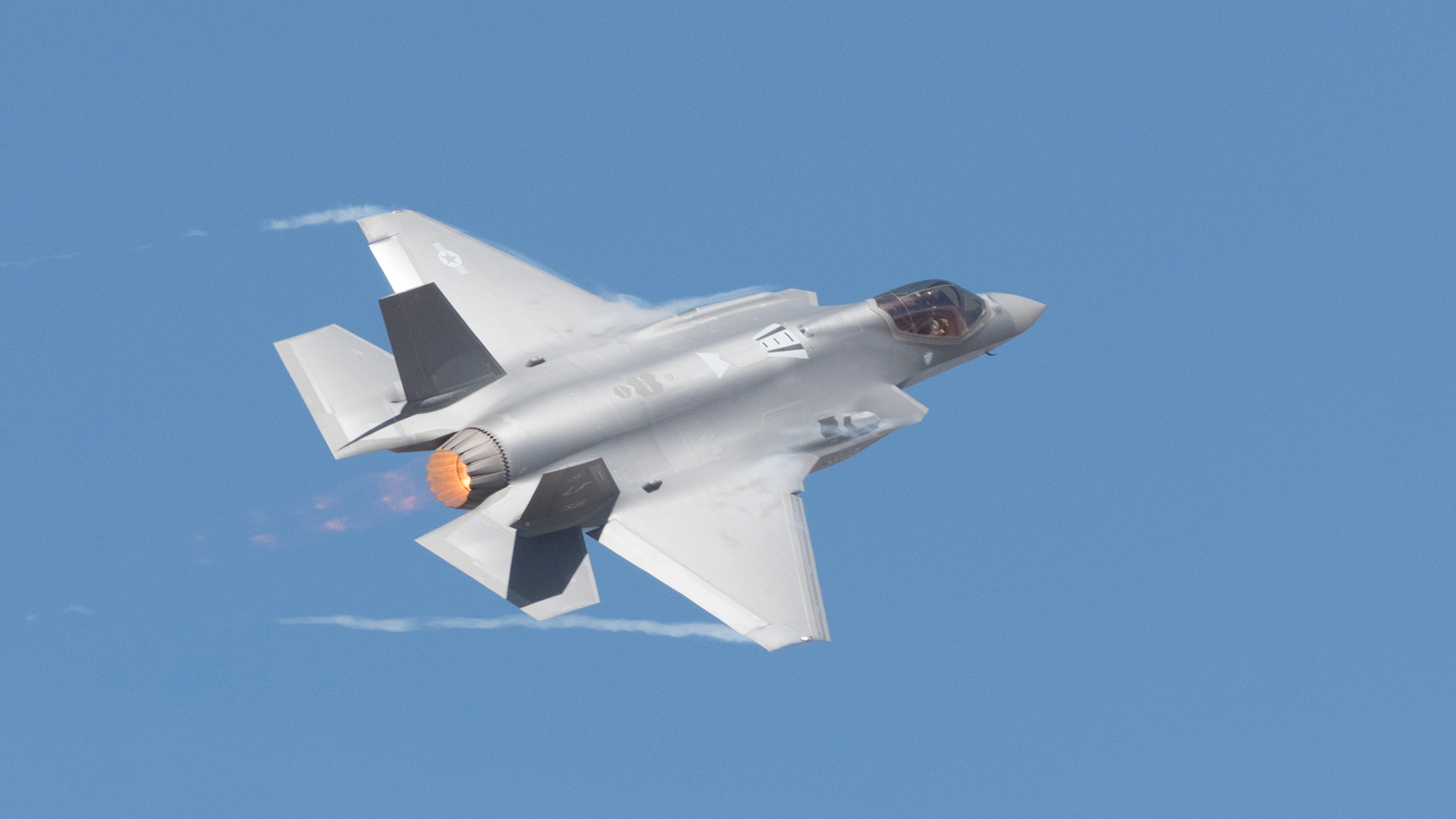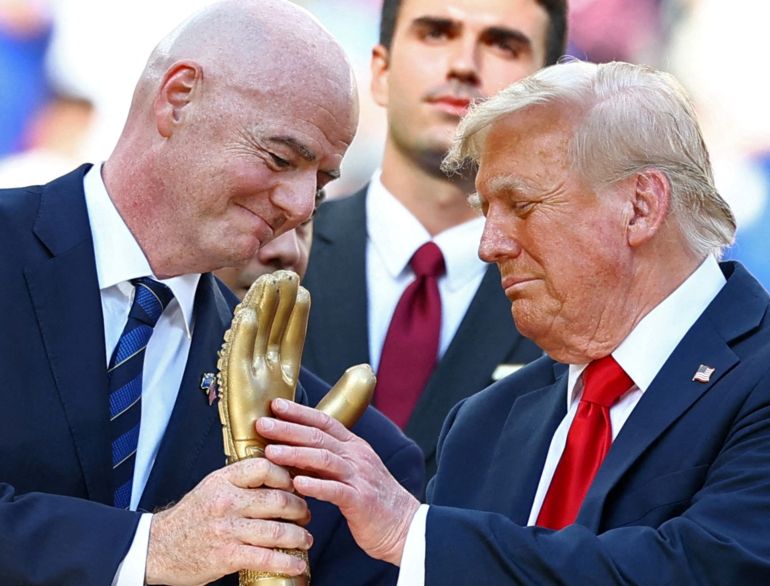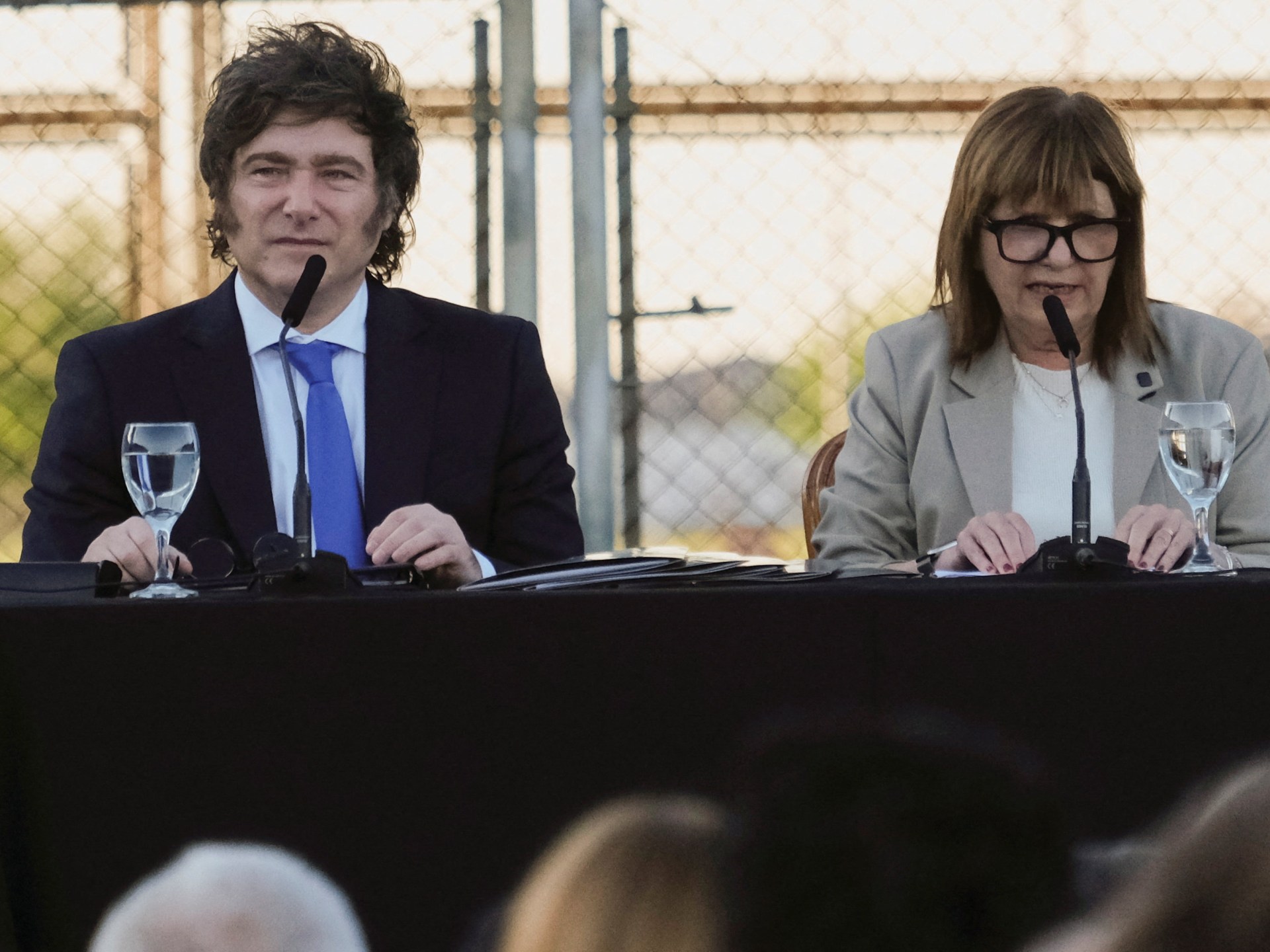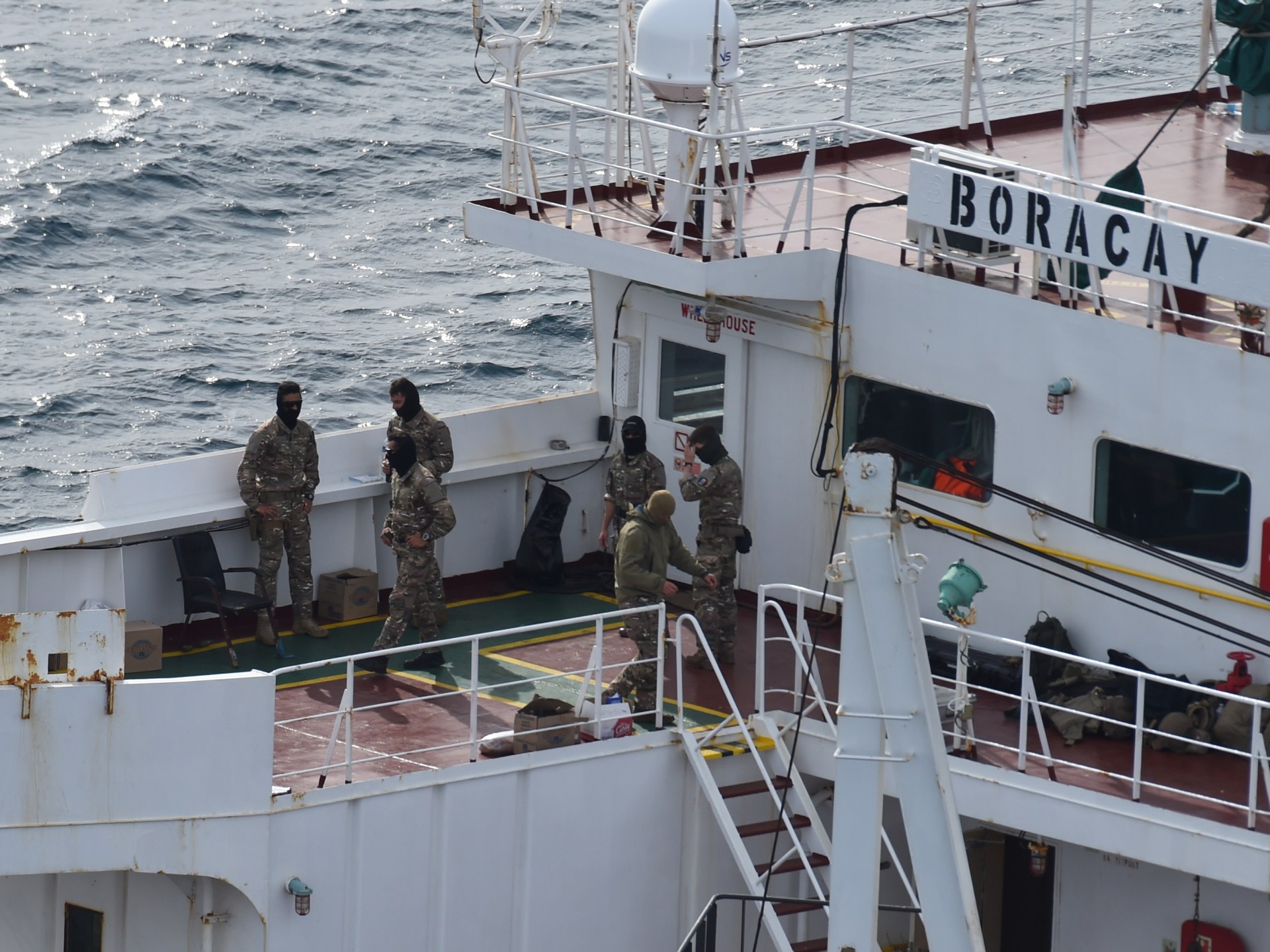Imam Hussain, a truck driver in Assam, has found solace in Zubeen Garg’s voice and music as he has spent more than 15 years driving his car along the Himalayan hills and plains of the northeastern Indian state of Assam.
It was a period in which Bengali-speaking Muslims – the community 42-year-old Hussein belongs to – increasingly came under attack in Assam. They are accused of being insiders or even as infiltrators in their own home.
Amid soaring Hindu-Muslim tensions, the music of Garg – a Hindu – served as a rare unifier. Hussain remarked, “His music was my inner peace.”
Garg drowned near Lazarus Island in Singapore on September 19 for the Northeast India Festival, an event that honors the Indian region’s history and culture.
The sudden death of the 52-year-old artist, who enjoyed a cult-like status among millions of his fans in and outside Assam, triggered a massive outpouring of grief that further cemented his stature as a public figure whose appeal spanned divisions that have otherwise fractured the state. Garima Saikia Garg, the singer’s wife, claimed that her husband “suffered a seizure attack” while swimming in the ocean.
While Hussain was mourning Garg’s death, so was Prime Minister Narendra Modi, whose Hindu majoritarian Bharatiya Janata Party (BJP) is accused by critics of fanning Hindu-Muslim divisions nationally and in Assam.
In a condolence message, Modi said, “He will be remembered for his rich contribution to music.” “His renditions were very popular among people across all walks of life”.

Assam’s Chief Minister Himanta Biswa Sarma, who belongs to Modi’s party, said the state “lost one of its favourite sons”.
The music that Zoubeen sang directly to our minds and souls was unmatched in its ability to energize people. He has left a void that will never be filled”, Sarma said.
When Sarma returned from Singapore, the Assam government imposed four days of state mourning.
A polarised backdrop
Tens of thousands of Garg’s fans gathered outside Guwahati, the largest city in Assam, on September 21 for a two-day gathering. They waited as state officials received Garg’s body after it landed.
Then, they marched in unison behind a convoy carrying the body to a stadium, which was located about 30 kilometers (19 miles) away, for public viewing and sang some of his most well-known songs. Some held his posters, while others walked teary-eyed with candles in their hands. Garg was cremated on September 23 with full state honors and a 21-gun salute following four days of state mourning.
Those scenes of unity were a break from the religious and linguistic fractures that have deepened in Assam in recent years.

The fault lines between the Indigenous Assamese-speaking and the mostly migrant Bengali-speaking communities in Assam aren’t new: They go back nearly two centuries, when the British brought large numbers of Bengali-speaking Hindus from Bengal to run the colonial bureaucracy, creating resentment among the Indigenous Assamese who feared the outsiders would take their jobs and occupy lands.
With India’s independence and the establishment of Pakistan, which included the region that in 1971 declared itself the independent nation of Bangladesh, a second wave of Bengali-speaking Hindus and Muslims moved to Assam. Millions of people migrated from Bangladesh to Assam in these years, triggering backlash from the Indigenous Assamese, which often turned violent.
As a result of growing suspicions over the identity and nationality of primarily Bengali-speaking Muslims, pejoratively referred to as “miya,” and thousands of them being declared “Bangladeshi infiltrators” by Indian security forces, many of whom have been detained or forced to cross over to Bangladesh, these ethnic and religious tensions continue to dominate Assam’s politics even today.
Garg was composing his music against this polarised backdrop, responding to the communal fissures with his verses and voice.
The singer frequently referred to himself as an atheist and “social leftist” as he distanced himself from the state’s centrist parties, the BJP, and the right-wing BJP.
He was also a vocal critic of India’s deeply entrenched caste system.
A stage person is seen teasing Garg for not wearing the sacred thread worn by other Brahmins, who are at the top of Hinduism’s complex caste hierarchy, in an undated video that has gone viral shortly after his death.
Garg shot back, saying, “I am just a human. I don’t identify as a caste, believe, or worship.
In another instance, Garg in 2018 encouraged famous female Assamese Olympian, Hima Das, to consume beef in order to “gain strength” to compete in international and national sports events. The cow is revered by many Hindus of lower castes, and several Indian states prohibit its slaughter and consumption. It is unclear whether Das accepted Garg’s advice.
He was also at the forefront of a campaign in 2019 against India’s contentious new citizenship law, which established religion as a basis for granting immigrants from neighboring countries, excluding Muslims, citizenship. The law led to nationwide protests against Modi’s government, while the United Nations called it “fundamentally discriminatory” and urged a review.
Dr. Medussa, an assamese social media expert, claimed Garg’s public views made him a symbol of Hindu-Muslim harmony as anti-Muslim hate permeated Assamese society.
“It is precisely because of Zubeen’s persona of being inclusive, and how he represented marginalised communities through his songs, that his legacy is being claimed by all”, said Medusssa, who requested to be identified by her social media name.
He disobeyed any particular community. He was for all”.
The way the singer approached the politics of dissent, according to Akhil Ranjan Dutta, a political scientist at Gauhati University in Assam, partly contributes to the celebration of Garg by Modi and Sarma, despite the dissident artist’s opposition to Hindu majoritarianism.
“While he]Garg] would openly criticise the policies and the actions of the federal and state-level BJP governments, he would seldom attack BJP leaders]personally]”, Dutta told Al Jazeera. Because not mourning him would otherwise expose them to scrutiny, the BJP can use his legacy.
Another political commentator who did not wish to be named – fearing reprisal from the government – was more blunt in his view of Garg’s ability to bridge political divisions.
Garg was dismissive of the BJP as a political party, but the commentator claimed that he would not offend people by criticizing their anti-Muslim policies or attacks on Muslims in open public. “That way, the Hindu nationalist party never feel too alienated by him”.
“Artistic tour de force!”
Born in 1972 to Assamese writer Mohini Mohan Borthakur and singer Ily Borhakur in Assam’s Jorhat town, Garg began singing at the age of three and was soon regarded as a child prodigy by his teachers. He relocated to Guwahati to pursue a singing career, and his debut Assamese album, Anamika, was his first major success in 1992.
It was the beginning of an illustrious career that saw Garg singing more than 38, 000 songs in dozens of languages and dialects. He also sang a number of songs for Bollywood movies, including Gangster: A Love Story, which featured his Hindi hit Ya Ali in 2006.
The next year, Garg won the national award for composing songs for the non-feature film, Echoes of Silence. He later branched out into acting and direction, going by the nickname Zubeen Da among other nicknames.
But more than Garg’s body of work, says Angshuman Choudhury, a joint doctoral candidate at the National University of Singapore and King’s College London, what made him a musical phenomenon was his refusal to conform to the archetype of a “tamed” and “cultured Assamese artist”.
According to Choudhury, the state’s popular culture largely existed before the 1990s when musicians like Bhupen Hazarika and Janyata Hazarika, who “respected norms of social civility, never deviated from the script, and lacked the audacity that Garg was, were shaping it.”
“Garg, on the other hand, was an artistic tour de force in Assam. According to Choudhury, whose doctoral research examines the ethnicity and politics of northeast India, “he distorted and disrupted the very image of a public performer and artist.”
“He would use verbal expletives while on stage, sing under intoxication, and on many occasions, show overt defiance against established norms and culture”.
For instance, he once declined to perform at a concert to celebrate Bihu, which is arguably Assam’s most significant festival, after the organizers informed him that he couldn’t sing in Hindi.
Prithiraj Borah, a sociologist from Assam who teaches at the National Academy of Legal Studies and Research in Hyderabad, said that Garg’s art also touched deeper, emotional and philosophical questions.
He claimed that Zoubeen’s songs were more than entertainment. “They also addressed the depths of what it means to be human, to love, to suffer, and to find meaning in an often-absurd world”.
Borah discusses freedom and captivity in his song Pakhi Pakhi Ei Mon (My heart is like a feather).
“The feather becomes a metaphor for the human condition, caught between the desire for liberty and the reality of various constraints”, Borah said.
accessible to all
Abrar Nadim, a health officer in Assam’s Barpeta district, says he has memorised most of Garg’s songs since he was four.
As he sat next to a garlanded poster of Garg, Nadim, 30, he yelled, “His song, Aei Mayar Dhorat [In this world of earthly pleasures] brought me to spirituality,” he said in black as he prayed for his final rest.
“The song describes temporary happiness in this world where corrupt people enjoy even after committing acts of injustice, corruption, and oppression, but little remains in the end”.

Maitrayee Patar, a prominent Assamese songwriter and poet, who had collaborated with the singer, including as recently as in 2023, said Garg, as an artist, “exuded a humanitarian side that was raw and relatable to all”.
He “refused to support majoritarian politics or any political parties, which made him appear to be a beloved artist,” Patar told Al Jazeera.
As clips from Garg’s songs and old interviews flood Assam’s social media, Hussain, the Bengali-Muslim truck driver in Guwahati, says his staunch rejection of hate politics and his humility in treating everyone as equal made him accessible to all.
Garg was a Hindu. But after his death, students in madrasas – Islamic schools – were seen playing his songs, while Muslim leaders held prayers in his honour and recited the Quran before his photos – grieving practices not typically allowed by Islamic tenets.
Nadim remarked, “He]Garg sang jikir, devotional folk songs sung by the Assamese-speaking Muslim community, to honor us.” “So there is nothing wrong if we pray for him by singing his songs”.
Truck driver Hussain, who wore a T-shirt with Garg’s photo, recalled how Garg “never vilified” Bengali-speaking Muslims back in Guwahati.
Hussain hummed Garg’s iconic 2007 hit, Maya (Illusion) – a song in which the singer likens chasing a love interest to an illusion. Hussein claimed that the calming melody made him think of the void left by the death of the Garg.
